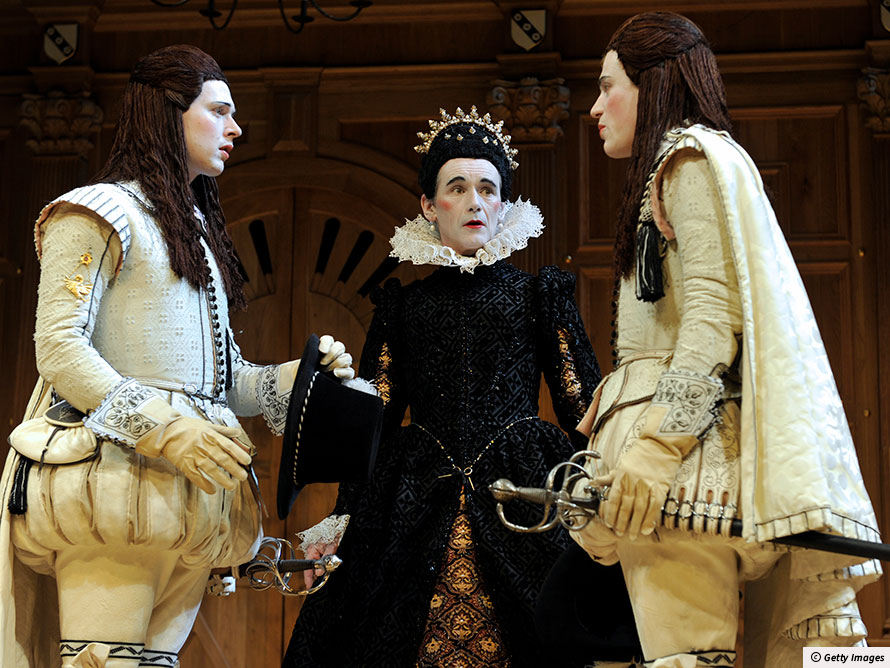Twelfth Night is a jaunt of a play, oft-quoted, frequently performed and always revered. It has been called the “perfect comedy”, fulfilling all of the conventions of Shakespearean comedy whilst still being dubbed “side-splitting” by modern audiences. It centres around Viola, shipwrecked on the coast of Illyria, who thinks that her beloved brother Sebastian has drowned. Fearing that she may be unable to fend for herself, she disguises herself as a man called Cesario to enter into the service of the local Duke Orsino, who is infatuated with another local woman called Olivia. Olivia has committed to seven years of mourning to honour her late brother, but this does not stop her from flirting outrageously with the disguised Viola, who she feels an instant attraction to — not that Viola is much swayed by it, as she herself has fallen in love with the Duke, who thinks that she is a man. It is a classic love triangle, and one which can only be resolved by the timely re-emergence of Sebastian — and, as per Act Two’s second scene, “journeys end in lovers meeting”, with the two couples of Olivia and Sebastian, Orsino and Viola all satisfied in the end.
Twelfth Night

Glossary
Slapstick - A style of humour involving exaggerated physical comedy.
Tomfoolery - Foolish or playful behaviour.
Dour - When someone is gloomy, serious and unfriendly.
Puritanical - Moralistic authoritarianism. The name derives from a 17th-Century Christian sect, the Puritans, who banned many forms of fun, including gambling, wearing fancy clothes and celebrating Christmas.
Metamorphoses - Transforms.
Platonic - Love or emotion that is not romantic or sexual.
Inviolable - Never to be broken.
